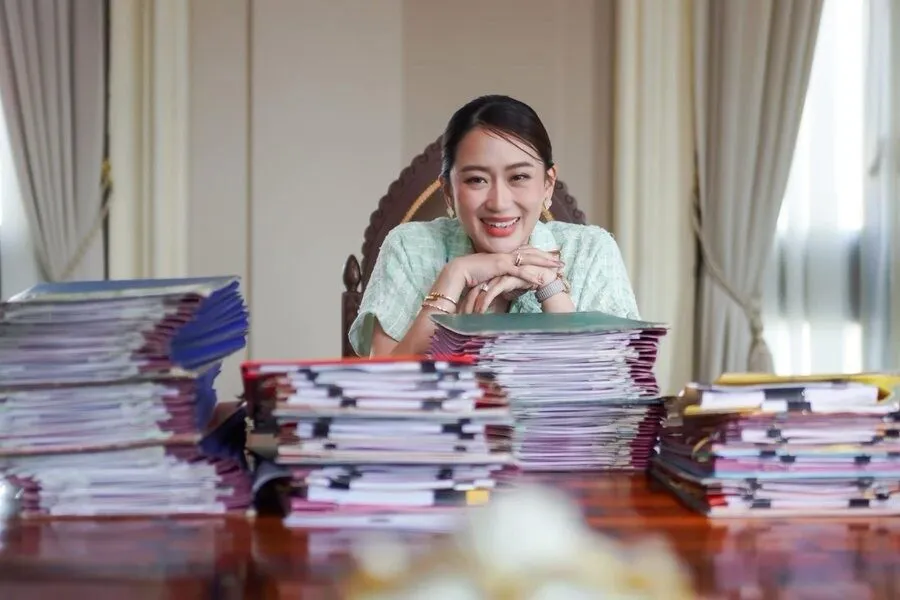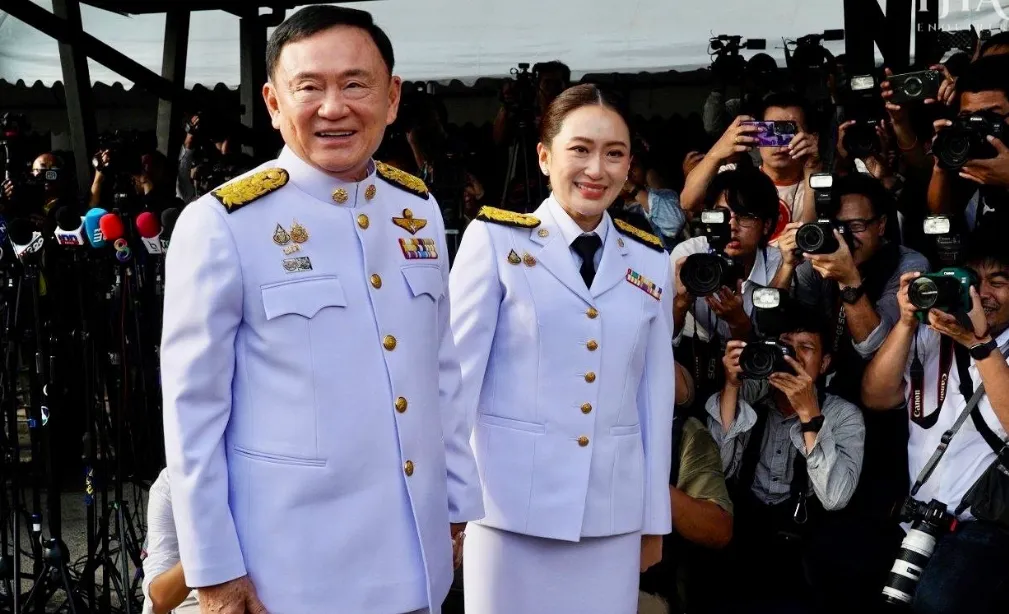After an unexpectedly eventful 2024, which saw the fall of the Srettha Thavisin administration, the dissolution of the Move Forward Party, and the appointment of Paetongtarn Shinawatra as prime minister, 2025 is shaping up to be another year to watch out for in Thai politics, as the Pheu Thai government enters a new year in office.
By May 2025 the term of this government would be mid-way and preparations for the next General Elections would likely start as early as the end of this year.
Here are three things to watch for as we progress through the year.
Local elections: A major test of party strength
The first major event on the Thai political calendar this year will be the elections for the Provincial Administrative Organizations (PAO) of 47 provinces. In Thailand, provinces are governed through a parallel system where the Ministry of the Interior appoint the provincial governors, while the PAO Chairman is selected by the electorate. Candidates for PAO councils, which serve as the provincial legislative body, will also be running in these elections.
The PAO elections are currently scheduled for February 1, 2025.
The ruling Pheu Thai Party scored several significant successes in the PAO elections held last year, winning in Phitsanulok, Udon Thani, and Ubon Ratchathani. The party plans to contest 22 races this year.
The People’s Party, on the other hand, has not yet won a single PAO race where it has presented a candidate (the allied Progressive Movement also failed to win a single PAO chairmanship back in 2020.) They will be fielding candidates in 17 provinces.
The PAO race will prove to be a major litmus test for several questions in Thai politics. How well is the Thaksin Shinawatra brand holding up? Thaksin was an energetic campaigner in the previous PAO races, and Pheu Thai has announced that it plans to send Thaksin to campaign in several northeastern provinces after the new year.
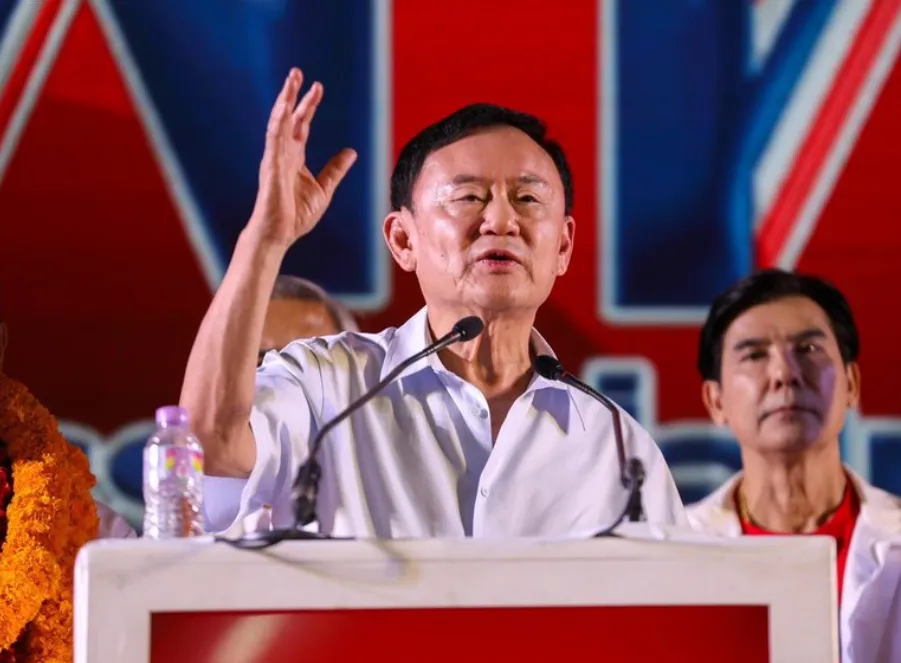
And has the People’s Party finally learned how to win in a local election, where the dynamics of local patronage and a lack of early voting ensures conditions are unfavorable for a party dependent on krasae (loosely translated as “the national sentiment”)?
How well Pheu Thai’s coalition partners fare in these elections will also be worth watching. The Bhumjai Thai Party will not be officially fielding candidates, but in provinces such as Buriram, where a relative of the party’s spiritual leader Newin Chidchob is running, voters will understand that these are “dark blue” candidates.
Candidates in southern provinces such as Songkhla who are allied with the Democrat Party will also be facing their first major electoral test in the wake of the national party leadership’s decision to join the Pheu Thai coalition late last year.
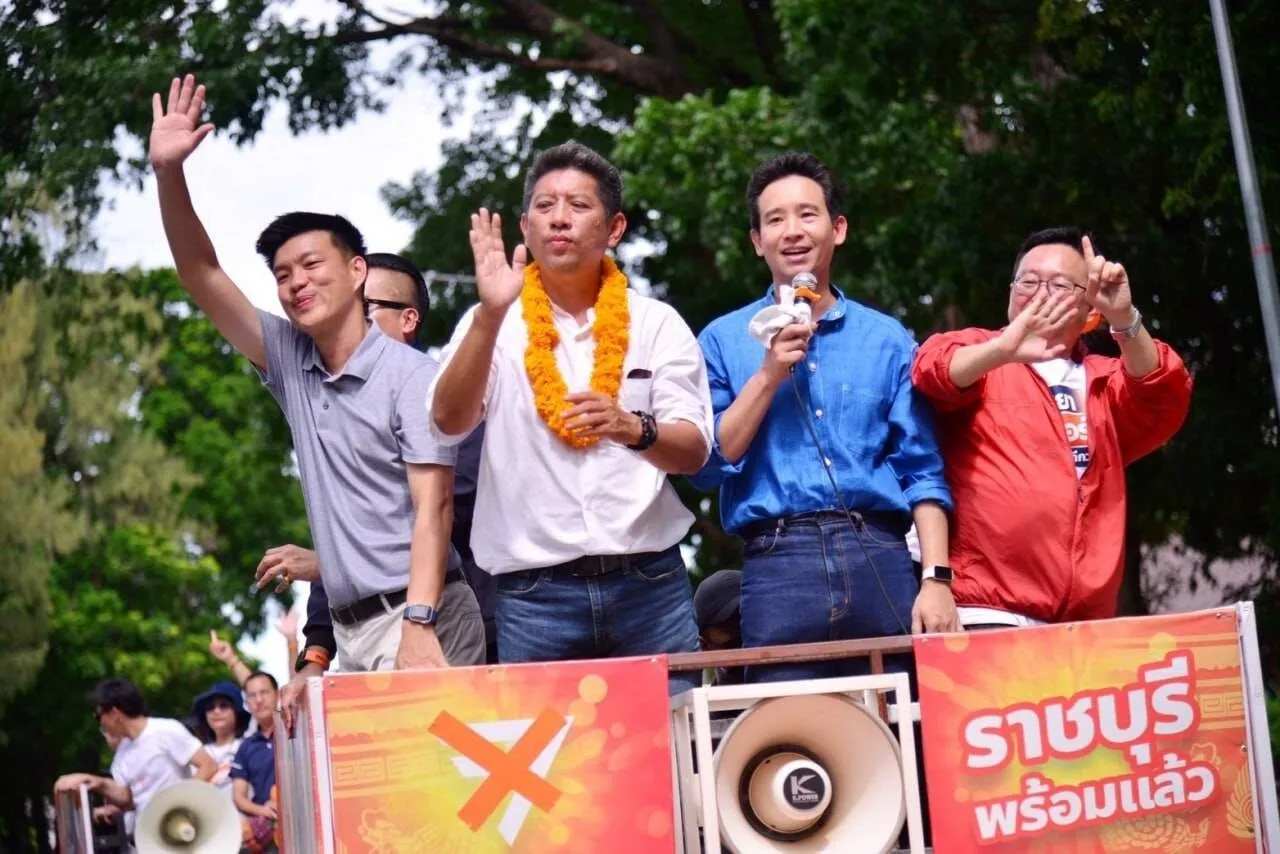
The coalition dynamics of Pheu Thai in 2025
At the national level, how well Pheu Thai’s coalition holds up will also be something to watch in 2025.
In the annual political nicknames given by the Thai media, Deputy Prime Minister Anutin Charnvirakul was given the moniker Bhumjai Khwang (“Proud to Block”). Anutin denied that he has blocking government initiatives and declared that “nobody is indispensable.” Yet the nickname points to a basic truth behind this coalition: given the parliamentary numbers, Bhumjai Thai’s indispensability has given it a lot of veto power within the government.
This was demonstrated dramatically when Bhumjai Thai refused to vote with the government whip on a key constitutional amendment vote in December. Pheu Thai’s management of this relationship with a party that has proven to be perhaps their most difficult coalition partner will be a key determinant of whether Paetongtarn can deliver on her government’s pledges.

Another nickname that may have more than a kernel of truth is the one given to Deputy Prime Minister Peerapan Salirathvibhaga, who leads the Ruam Thai Saang Chart party (RTSC). The media nicknamed him Peerapung (“Peera-breaks”), pointing at how his low-key management style and rumored troubled relations with his own party members may soon take his party to a breaking point.
Should the party follow the Palang Pracharath Party in imploding (the PPRP spectacularly split last year, leaving General Prawit Wongsuwan with a shell of a party), Pheu Thai will have important decisions to make on how to maintain coalitional stability.
At the same time, Pheu Thai may be looking behind their shoulders at how these two coalition leaders are rising in the polls. In the last NIDA poll of 2024, Paetongtarn was overtaken by People’s Party leader Nattapong Rueangpanyawut for the first time on the question of who should be prime minister. Both figures garnered support from almost 30% of respondents. Notably, however, both Peerapan and Anutin have gained consistently in the polls.
Peerapan rose from 3.55% at the start of 2024 to end the year at an impressive 10.25%, while Anutin registered 6.45%, up significantly from 1.45%. Will these trends continue in 2025, or will Pheu Thai be able to reverse these gains?
Can Pheu Thai weather opposition — from the “deep state” and beyond?
The year 2024 was a difficult year for Pheu Thai legally, and the Constitutional Court’s ruling on Srettha was not the only reason. Towards the end of the year, the Council of State also reportedly advised that the government’s nomination of former finance minister Kittiratt Na Ranong to become chairman of the Bank of Thailand board should not proceed as Kittiratt was recently a political advisor and therefore is unsuitable for a non-political position.
The decision is significant on two fronts — firstly as a setback in the government’s ongoing feud with the Bank of Thailand (Prime Minister Srettha had previously commented that central bank independence is an “obstacle” for fixing economic problems), and secondly as an emblem of how Pheu Thai continues to struggle with what could be termed Thailand’s “deep state”: the courts and bureaucracy. Pheu Thai’s flagship 10,000 Baht digital wallet policy was already watered-down last year after unrelenting internal opposition, and whether or not the government will secure further policy victories will be critical to its chances in the next election. Taking into account the fact that last year’s ethics ruling has already straitjacked Pheu Thai and limited the government’s latitude in making decisions, and the government will have a difficult balancing act.
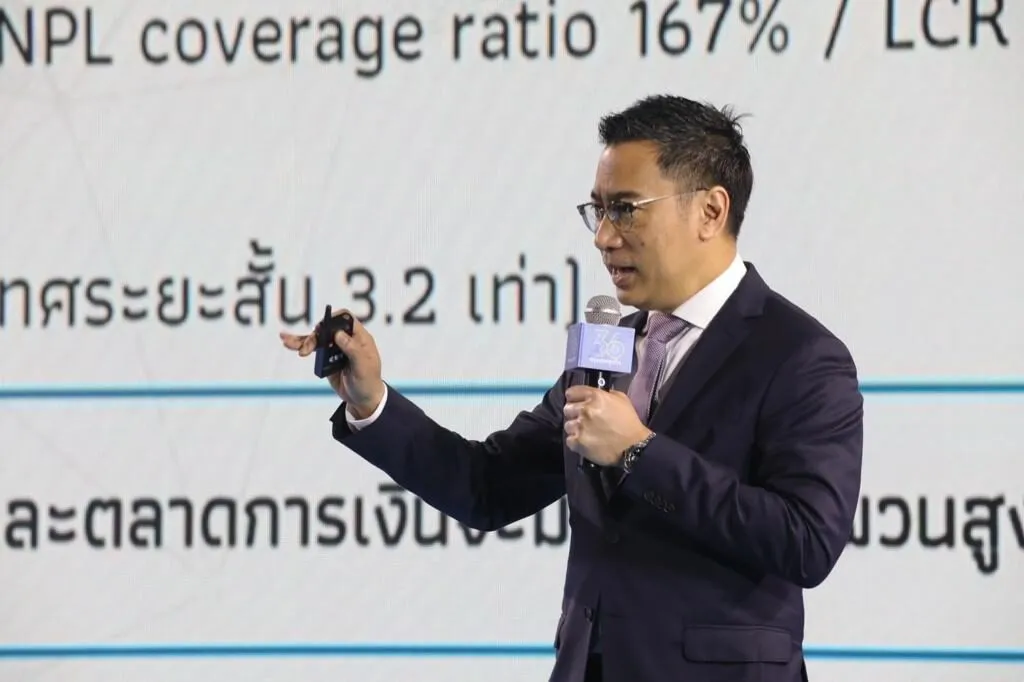
And while the risk remains low for the time being, Pheu Thai also faces ongoing questions about whether or not it will face renewed street protests, which had erupted against all previous Thaksin-affiliated governments. Previous anti-Thaksin protest leaders such as Sondhi Limthongkul ended 2024 threatening a new round of demonstrations over the government’s MOU44 negotiations with Cambodia. Given the fact that Thailand’s conservatives still need the grand compromise with Pheu Thai to hold, however, it would be surprising indeed if these protests were to take off — especially since the only alternative is likely to be a People’s Party government.
